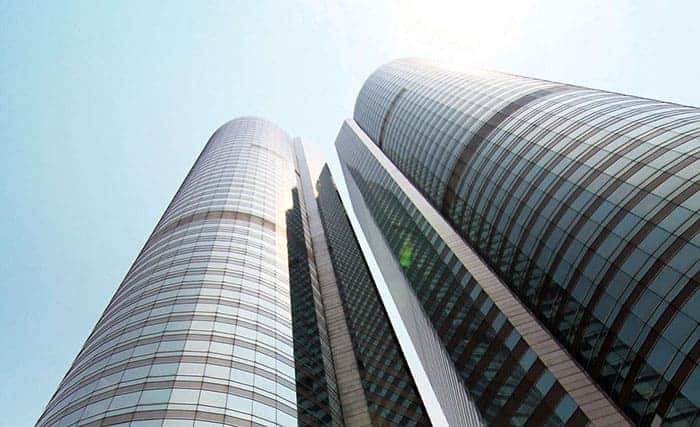
Only 7 percent of Hong Kong’s non-homeowners remain interested to buy homes
Despite the improving pandemic situation and rising property sales in Hong Kong, interest in buying homes fell by three percentage points to 14 percent in the second quarter of 2021, according to a Citibank survey on residential property ownership.
In the first half of 2021, the number of property transactions in Hong Kong — including residential and commercial properties — went up by 74.2 percent from the same period in 2020, bringing property sector sales to a 24-year high, the South China Morning Post reported.
Between May and June, JLL also reported that monthly home sales in Hong Kong rebounded by 7.2 percent, from 7,084 to 7,591 transactions, fuelled in part by low interest rates.
The strong buying sentiment contrasted with Citi’s findings, which recorded a slide in interest levels in home purchases from 17 percent in the first quarter.
Falling Purchasing Power
The divergence between interest levels and buyer confidence revealed a growing divide between Hong Kongers who already own or are able to purchase a home and residents who are priced out of the market.

Citibank’s Josephine Lee sees more Hong Kongers short on cash
Josephine Lee, head of retail banking at Citi Hong Kong, said that the number of respondents who considered the second quarter of 2021 a good time to buy a property had “remained at a higher level compared with that seen before the pandemic outbreak”.
“However, fewer respondents with surplus funds were recorded, which may explain the reduced level of interest in buying a property,” Lee said.
According to survey results, only 50 percent of Hong Kongers had a higher income than their expenses, a drop from almost 60 percent in the last quarter. Another 36 percent of respondents said they were just able to strike a balance between income and expenses, while 14 percent reportedly spent more than their income.
Non-Owners Not Interested
With buyers returning to the property sector, 54 percent of survey respondents expected home sales and prices to surge throughout the next year.
Among the non-homeowner Hong Kong residents surveyed, however, only 7 percent were interested in home purchases, down from 11 percent in the same three-month period last year, with no growth from the previous quarter.
Meanwhile, 55 percent said the second quarter was a bad or terrible time to purchase a home in the city.
The mixed buying sentiment also points to factors beyond homebuyer confidence. Concerns of Hong Kong’s future amid political tensions are pushing thousands of residents to migrate as immigration policies ease in places like Canada, Britain and Taiwan.
Political Tensions Drive Migration
Data from the Hong Kong Immigration Department revealed that since May the city has seen more departures than arrivals, with a peak in mid-July when the number of departing passengers exceeded those entering by 2,283.
This year, thousands of Hong Kong residents applied for permanent residence overseas in May, the South China Morning Post reported. The introduction of the British National (Overseas) Visa in January, allowing Hong Kong residents to live in the United Kingdom for five years before applying for citizenship, received over 34,000 applications.
In Canada, the immigration pathway for skilled workers and recent graduates brought in 5,727 applications from Hong Kong three months after its launch in February.
When the national security law drafted by Beijing took effect last year, Taiwan also received an influx of over 10,800 Hong Kongers who carried resident permits — almost double the 2019 numbers, according to Bloomberg.
As political tensions endure and property prices rise, Hong Kong locals who do not own a home remain reluctant to settle in the world’s least affordable housing market.
Leave a Reply